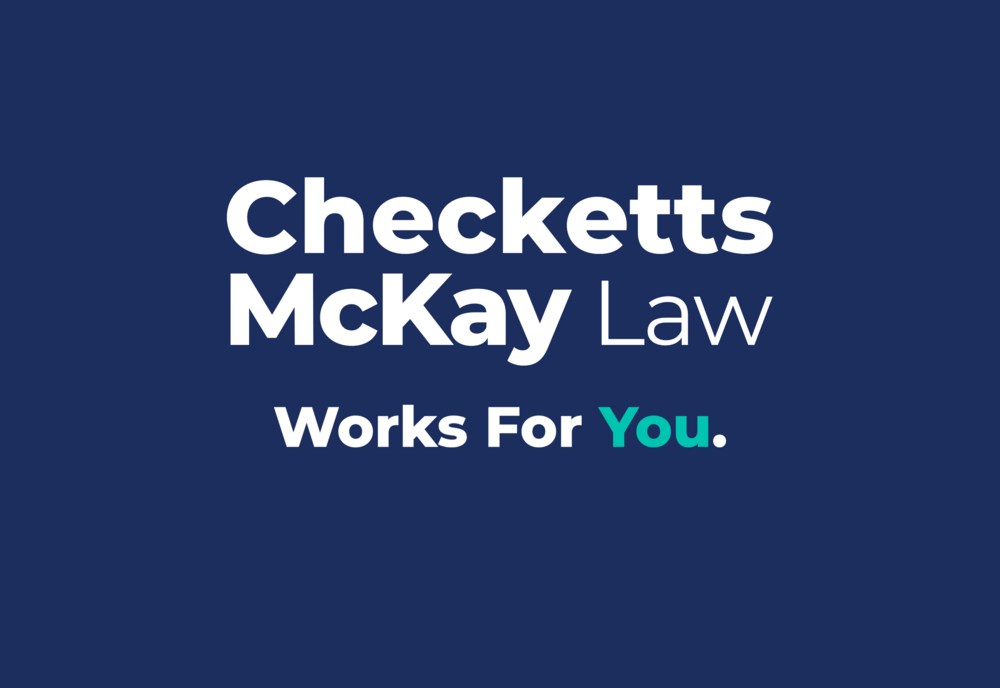Shareholders' Agreement (Law blog)
Caitlin Addison - Checketts McKay Law
03 April 2025, 8:00 PM

Why Every Business Needs a Shareholders’ Agreement
As the financial year draws to a close, now is the perfect time to review your company’s foundational documents. Among these, a Shareholders’ Agreement stands out as a crucial tool for businesses with multiple shareholders. A well drafted Agreement is an important safeguard to ensure smooth company operations and mitigate potential disputes.
What is a Shareholder’s Agreement?
A Shareholders’ Agreement is a private contract among a company’s shareholders, setting out their rights, responsibilities, and expectations. It governs not only the relationship between shareholders, but also their interactions with the company itself. The goal of a Shareholders’ Agreement is to minimise uncertainty by setting out clear rules for decision making, funding, and ownership changes. Shareholders’ Agreements are particularly useful for privately held businesses, start-ups, and family run companies, where relationships and financial interests are closely intertwined.
Unlike the publicly accessible company constitution registered with the Companies Office, this agreement remains confidential, allowing shareholders to address specific concerns and arrangements discreetly. Many business owners overlook the importance of a shareholder’s agreement when starting out, only to face unexpected challenges later. While it is best to have one in place from the outset, it is never too late to draft and implement an agreement to protect your businesses interests.
Key Provisions in a Shareholders Agreement
A well-crafted shareholders agreement typically covers:
- Decision Making Processes: Clarifies how decisions are made, specifying which require unanimous consent and which can be decided by a majority.
- Board Composition: Details the appointment and removal procedures for directors, ensuring alignment with shareholder’s interests.
- Share Transfer Protocols: Establishes guidelines for selling or transferring shares, including rights of first refusal for existing shareholders.
- Dividend Policies: Outlines how and when profits are distributed among shareholders.
- Dispute Resolution Mechanisms: Provides a framework for resolving disagreements, potentially incorporating mediation or arbitration clauses.
- Exit Strategies: Provides a framework for what happens when a shareholder wants to leave the company, no longer has capacity, or passes away. This is crucial for ensuring business continuity and avoiding conflicts over succession planning.
- Non-Compete and Confidentiality Clauses: To help protect the company’s interests by preventing shareholders from engaging in competitive business or disclosing sensitive information outside of the company.
Is a Shareholders’ Agreement Really Necessary?
Yes! While not legally mandated in New Zealand, having a Shareholders’ Agreement is highly advisable for companies with multiple shareholders. Without it, disputes can lead to operational deadlocks, jeopardising the company’s stability. This agreement serves as a preventative measure, offering clarity and reducing the likelihood of conflicts.
Conclusion
Implementing a Shareholders’ Agreement is a proactive step toward safeguarding your company’s future. It ensures that all shareholders are on the same page, providing a solid foundation for decision making and conflict resolution. If your company needs advice on drafting a Shareholder Agreement, our Wanaka based team at Checketts McKay is here to help.
Contact our Wānaka office today to discuss your options.
17 Dunmore Street, Wānaka



